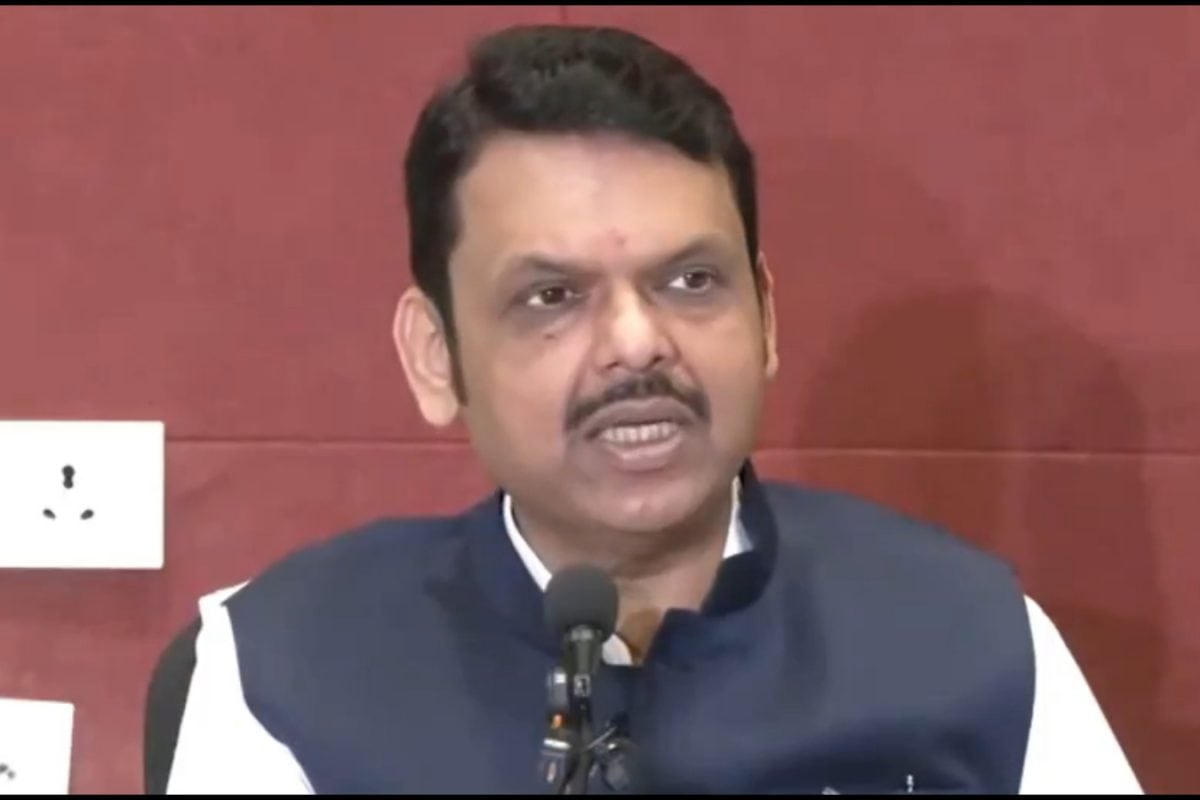

The recent decision by the Devendra Fadnavis-led Maharashtra government to rename Islampur in the Sangli district as Ishwarpur has stirred controversy and drawn criticism from opposition parties. The announcement, made on the final day of the monsoon session in the state legislature, has ignited a debate over the rationale and potential political motivations behind the move.
Chief Minister Fadnavis has defended the decision, stating that the "original name has been restored". However, this claim has been met with skepticism from opposition leaders, who argue that the renaming is a politically motivated attempt to appease Hindutva organizations. According to reports, the move followed a memorandum submitted by Shiv Pratisthan, a Hindutva group led by Sambhaji Bhide, to the Sangli collectorate, demanding the name change. A Shiv Sena leader from Islampur has stated that the demand to change the name has been pending since 1986.
Opposition leaders have questioned the government's decision-making process, particularly the lack of consultation with Jayant Patil, the local MLA who represents the opposition NCP (SP). Fadnavis responded by stating that there was no need to consult Patil, as "he is not part of the government". This response has further fueled the opposition's criticism, who view the renaming as an attempt to undermine their political influence in the region.
The renaming of Islampur to Ishwarpur is not an isolated event. It is part of a broader trend of renaming places in India, often driven by cultural, religious, or political considerations. Such decisions often trigger debates about historical revisionism, identity politics, and the erasure of cultural heritage. Critics argue that these renaming initiatives can be divisive and undermine the inclusive fabric of Indian society.
The state government will now seek the central government's approval for the name change. The decision-making process at the central level is likely to involve further scrutiny and could potentially face legal challenges.
Beyond the immediate political ramifications, the renaming of Islampur raises important questions about the role of history, culture, and identity in contemporary India. As the country continues to grapple with these complex issues, it is crucial to foster open dialogue, respect diverse perspectives, and ensure that decisions are made in a transparent and inclusive manner. The controversy surrounding the renaming of Islampur serves as a reminder of the challenges involved in navigating these sensitive issues and the importance of upholding democratic principles and respecting the rights of all citizens.